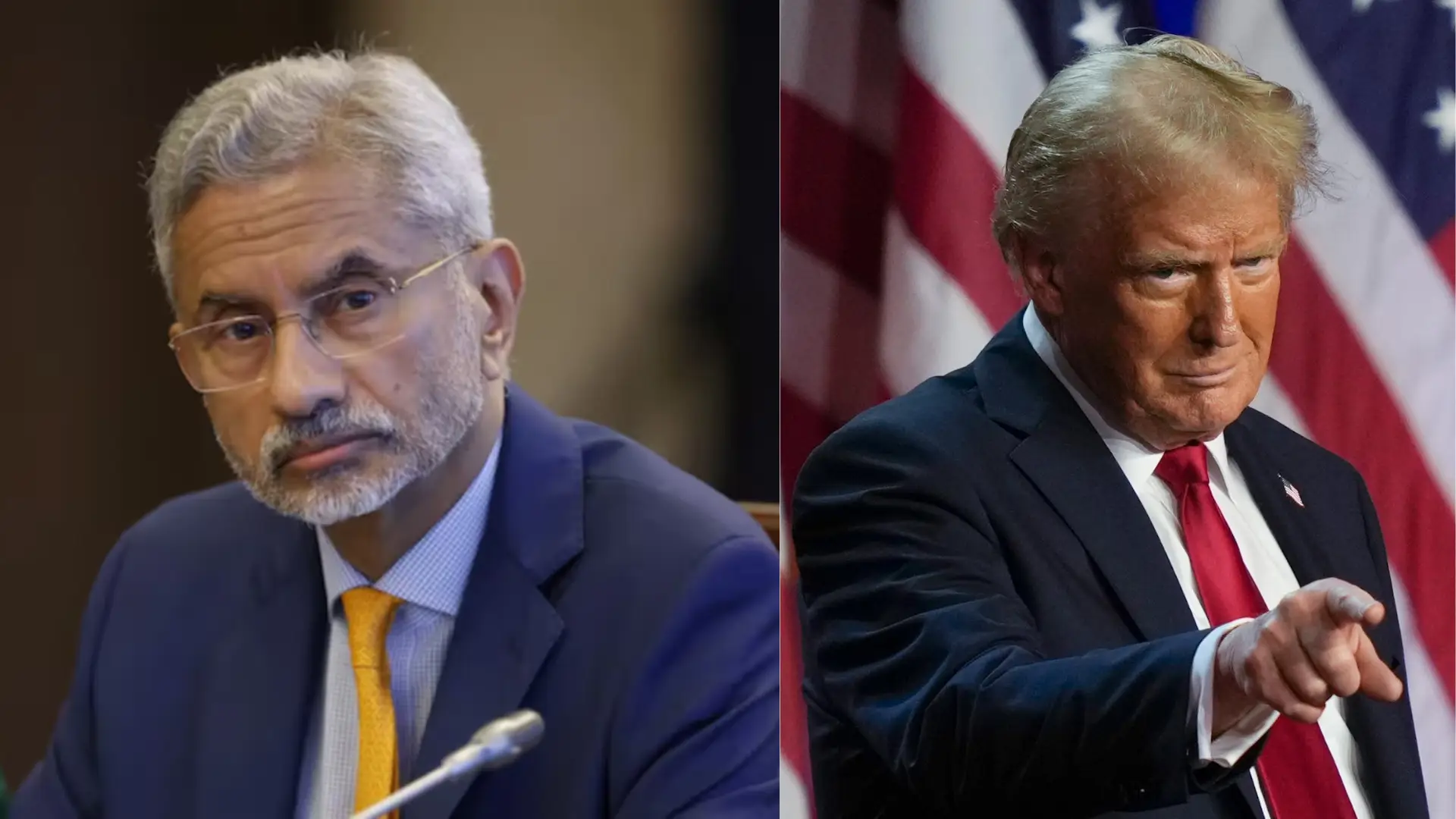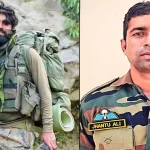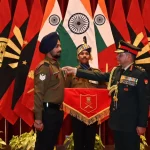External Affairs Minister S Jaishankar on Monday strongly refuted US President Donald Trump’s claim that he helped broker a ceasefire between India and Pakistan following the April 22 Pahalgam terror attack. Speaking in the Lok Sabha during a debate on the terror incident and Operation Sindoor, Jaishankar categorically stated that no phone call took place between Prime Minister Narendra Modi and Trump during the period in question.
“No phone call took place between PM Modi and US President Trump between April 22 and June 17,” Jaishankar told Parliament. He added that after India’s retaliatory strikes, the government received backchannel messages indicating that Pakistan was ready to halt further escalation. However, India made it clear that any such communication must formally come from Pakistan’s Director General of Military Operations (DGMO).
On July 23, President Trump claimed in a speech that his intervention prevented a full-blown war between the two nuclear-armed neighbors. He said both countries had been exchanging air strikes and claimed, “They shot down five planes in the last attack. It was back and forth, back and forth. I called them and said no more trade if you do this… and I stopped it.”
The White House reiterated Trump’s version, crediting his call for helping reach a ceasefire after India launched Operation Sindoor on May 7 to destroy terror camps in Pakistan and Pakistan-occupied Kashmir.
Countering this narrative, Jaishankar clarified the timeline and events. He revealed that on May 9, US Vice President JD Vance had warned the Indian leadership about a possible large-scale Pakistani offensive expected within hours. In response, Prime Minister Modi conveyed that any such attack would be met with a strong and proportionate response. The attempted strike was ultimately foiled by Indian armed forces on May 9 and 10.
“Our forces prevented a major Pakistani attack. I believe this House should collectively appreciate their efforts,” Jaishankar said.
He also highlighted the success of India’s diplomatic outreach in the aftermath of the April 22 terror attack. The Resistance Front (TRF), which claimed responsibility for the killings, has now been designated as a global terrorist organisation. International platforms such as BRICS and the Quad condemned the attack, while individual countries including Germany, France, and members of the European Union expressed support for India’s right to self-defense.
Jaishankar underlined that seven parliamentary delegations had visited 33 countries to explain India’s zero-tolerance policy toward terrorism. He said the current government had done what previous ones never imagined, including the targeted destruction of terror hubs in Bahawalpur and Muridke.
He further noted that Pakistan’s longest period under the Financial Action Task Force (FATF) grey list occurred during the Modi government, and warned of growing Pakistan-China collaboration, something he said had been in motion for decades.
The minister concluded by stating that Operation Sindoor marks a shift in India’s approach to counterterrorism.
“Operation Sindoor is a new normal in how we respond to terror,” he said.













